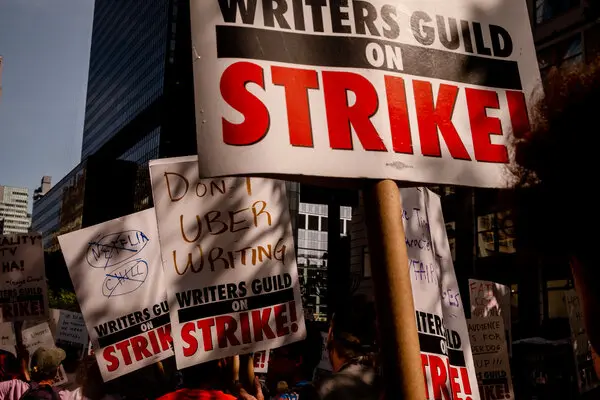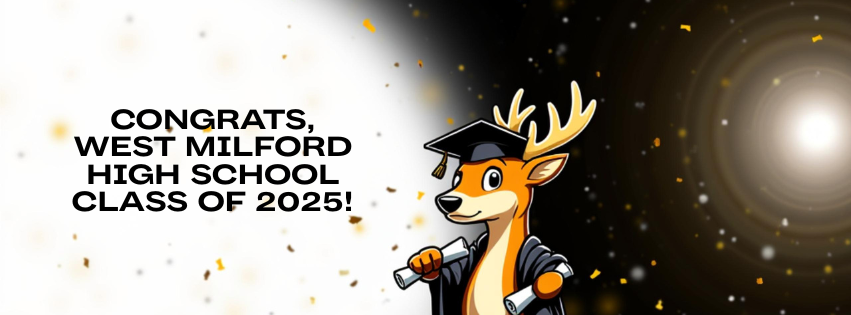All your favorite shows are in danger

Nearly 15 years ago the entertainment industry found itself in grave danger, and now it has happened again. 2008 marked the year of the first WGA writers strike in decades. Writers from several famous shows walked out of the writer’s rooms and onto the streets protesting against their lack of pay and recognition in the industry, proving nothing could work without them. Several shows suffered due to the strike, many having plot lines that made no sense or that plainly fell flat when viewed. Movies were grabbing for scraps to be filmed, many failing at the box office due to horrible scripts, some not having scripts at all.
One example is “Transformers: Revenge of the Fallen”. Writers grew sick of being underpaid and unappreciated and left the film with only an outline of what director Michael Bay wanted the story to sound like. This proved to be extremely unsuccessful and the movie flopped so badly it brought about a bad reputation to the rest of the series, which still remains to this day. Eventually the industry conceded to the writers demands, more pay and more insurance to their jobs and worth.
Today the writers are at it again, with even more demands than before. Since the last strike, a great deal has changed within the industry, specifically with the introduction of several streaming services. Despite what one may think, the popularity of a show on streaming services does absolutely nothing to increase the pay of the writers for said show. Many writers have actually spoken out about being so severely underpaid they have needed to take on several jobs just to be able to put food on the table. “I got a check the other day for $8. What is even the point of that?” best selling author, Sheri Holman tells CNBC (Sheri Holman). To fully understand the cause of this, someone must first understand how writers are paid in the first place.
Back then, in the olden times, when many watched tv shows through cable television rather than streaming services writers were paid even after the show was written. A writer would not only get paid for writing the show and its first airing, but also would get paid each time a show aired. Every time you watched another rerun of “The Office” the writers would gain another check for their hard work. Now with the evolution of streaming, shows don’t get “reruns”. They air once and that’s it, the only time it would show again is when the subscriber to the service decided to watch it. Even if the show is widely popular and well known, such as “Wednesday”, and “Stranger Things”, those writers are not getting paid as much as one may first assume.
Not only does this greatly affect their pay, but other aspects of the industry also cause writers to suffer. Shows have been made drastically shorter, moving from 30 episode seasons to 8 episode seasons–writers are only being hired for a small amount of time. Christina Baker, professor at University of Notre Dame’s department of film television and theater, describes it as “basically a freelance industry. You go from job to job” (Christina Baker). This leaves writers employed for a significant shorter amount of time than before, then they’re left searching for their next job. Even if the show is wildly successful, there’s still no guarantee that the writer may be hired for the next season, so with each job they’re left unpaid and unsure if they’ll stick around.
On May 3rd the writers strike began, several writers and celebrities took to the streets with signs in hand protesting. Celebrities such as Tina Fey, Pete Davidson, Chris Pine and even President Biden have shown their support for many shows, such as several late night talk shows, “Abbot Elementary”, “Family Guy”, “Cobra Kai”, “Saturday Night Live”, “Stranger Things”, and many others. Although no one has an estimate on when the strike might end, the last writers strike lasted 100 days so one can imagine how long this one may last. Hopefully the writers get their demands met and one again prove how vital they are to the entertainment industry.

